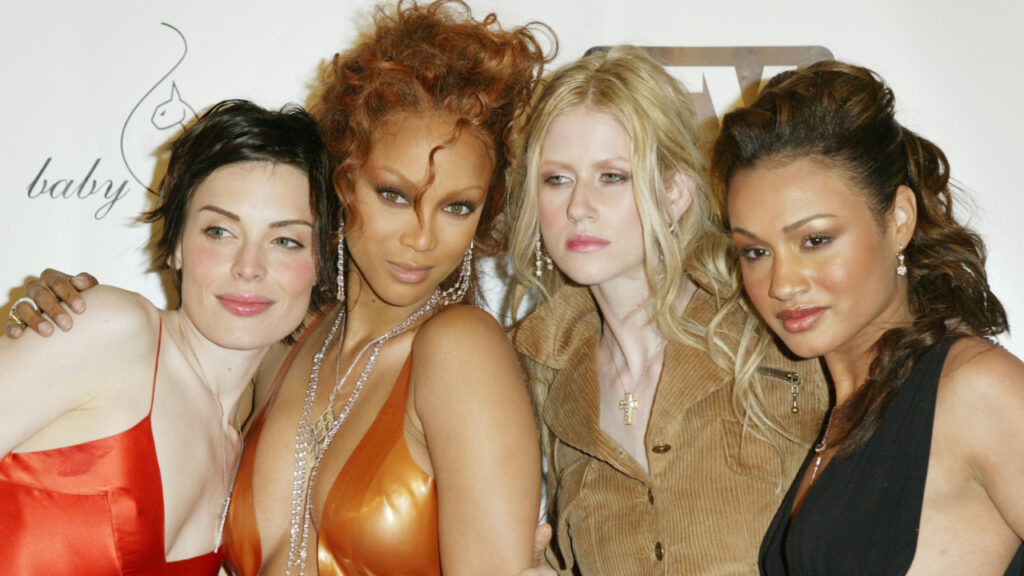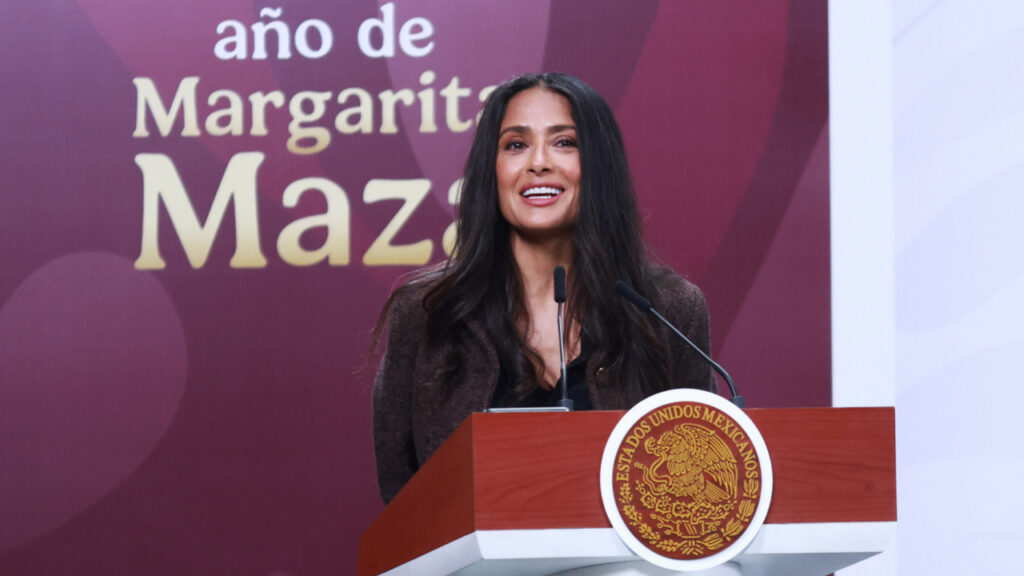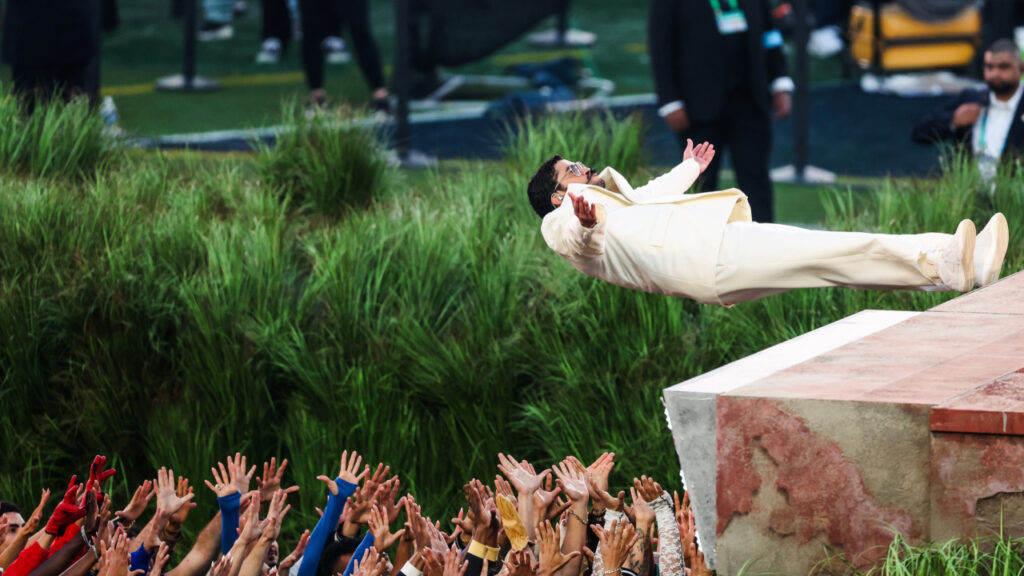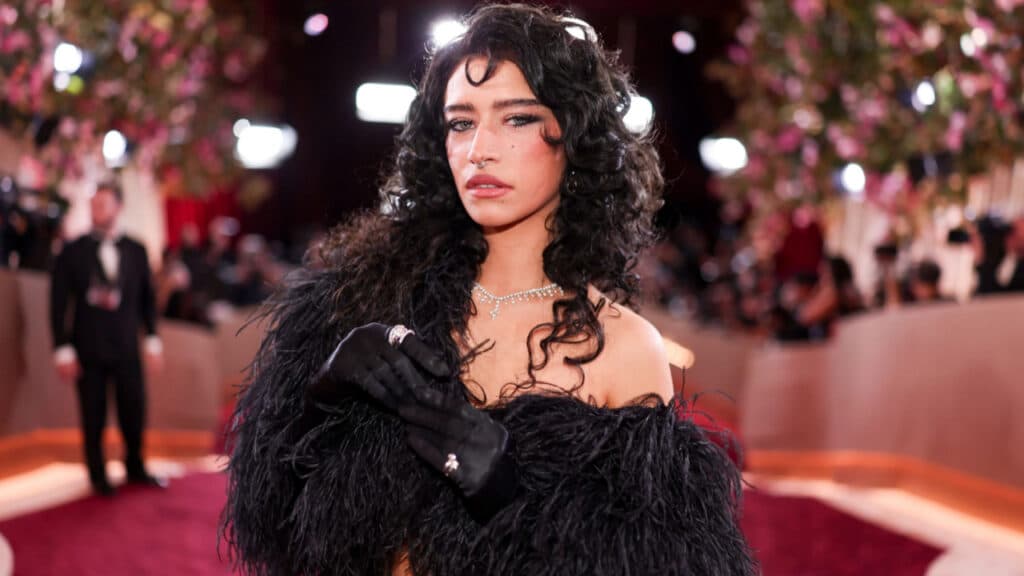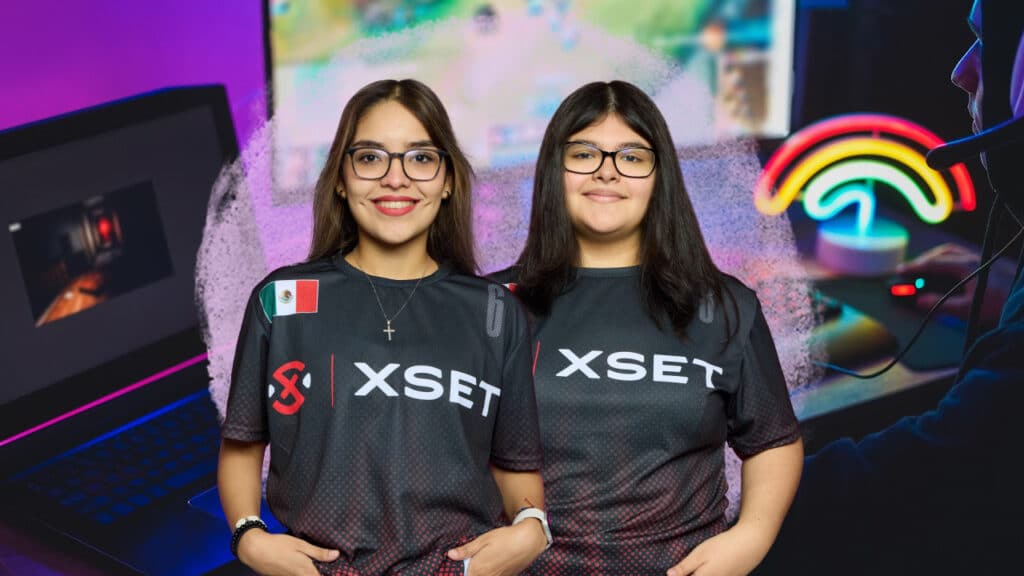
These Latinas Are Proving That Fortnite Isn’t Just a Boys’ Game
On May 10, the Fortnite Championship Series (FNCS) Pro-Am is returning to Los Angeles for the first time since 2019. While the $500,000 prize pool and creator-pro duos are major headlines, what stands out most is something even more game-changing: two Mexican women are competing on a global Fortnite stage, rewriting what it means to be a gamer in a male-dominated industry.
Daya and Moxie are not just players—they’re Latina champions, creators, and role models. They’re representing Mexican women at one of the most visible esports tournaments of the year. And they’re doing it with skill, heart, and purpose.
For Moxie, Fortnite Is Family, Grit, and Identity
“Since I was little, I’ve played shooter video games with my brother and cousins,” Moxie told FIERCE. When she discovered Fortnite, the game offered something new: a tactical challenge that set her apart from others. “I realized I could play competitively when I played with friends, and no one could beat me,” she said. It was her friends who pushed her forward, who recognized her talent, and who supported her every step of the way.
Today, Moxie competes at the highest levels—but she does so with her roots intact. “It means the world to me to be able to represent the women’s competitive game alongside my friend Regs,” she said. “It’s also incredible to represent my country at the same time. I hope I can inspire more women to play competitively in the world of esports.”
As a Latina gamer, she’s faced challenges. “I’ve faced many people saying that because I’m a woman, I can’t be good at video games,” Moxie shared. But instead of letting it slow her down, she used it as fuel. “That has only driven me to want to improve every time and try to be better than I was yesterday.”
Her advice to young Latinas dreaming of going pro? “Never give up; always do what you love and what inspires you. Never listen to other people’s negative comments—and if you do, let them only serve to motivate you to be better. You set your own limits.”
Daya Balances Streaming and Fortnite Competition—and She’s Just Getting Started
Daya is one of the rare creators who knows how to balance both clout and competition. “Since I am a gaming creator, both worlds intertwine, making the balance an easier process to manage,” she told FIERCE. But what really keeps her going is the high of the game itself: “The constant improvement and growth I get to experience throughout battling different competitors adds adrenaline—and that feeling keeps me going.”
Her path hasn’t been easy, but she knows exactly what needs to change. “Creating a positive space, avoiding offensive language, and supporting other Latina women’s goals and accomplishments no matter what,” Daya said, when asked about representation in gaming. “I myself am proud of being a Latina representation because it’s something I would have wanted when I was younger.”
At this year’s Fortnite FNCS Pro-Am, Daya is competing alongside pro player Setty. “I am prepping by playing Reload every day until the tournament day comes,” she said. “[Fans] can expect excitement and a truly invigorating duo to keep an eye on.”
Still, one of her proudest moments happened before FNCS: winning the Milk Cup LAN alongside her two best friends. “It was the first all-women’s Fortnite LAN event, and getting the MVP medal made it even more special,” she said.
Why This Fortnite Moment Matters for Latinas in Esports
According to BLAST, the tournament’s organizer, the FNCS Pro-Am will feature 40 players split into 20 duos, combining top-tier Fortnite pros and content creators. But Moxie and Daya bring something different to the event: representation, visibility, and cultural shift.
With more than 650 million registered Fortnite accounts globally, and over 400 million combined followers between all the creators involved, this moment has global impact. But for many young Latinas watching at home, it’s something even bigger. It’s the realization that the face of gaming is changing—and they have a place in it.
Whether or not Moxie and Daya walk away with the FNCS trophy, they’ve already won by showing that Latina gamers belong exactly where the spotlight hits hardest: front and center.

